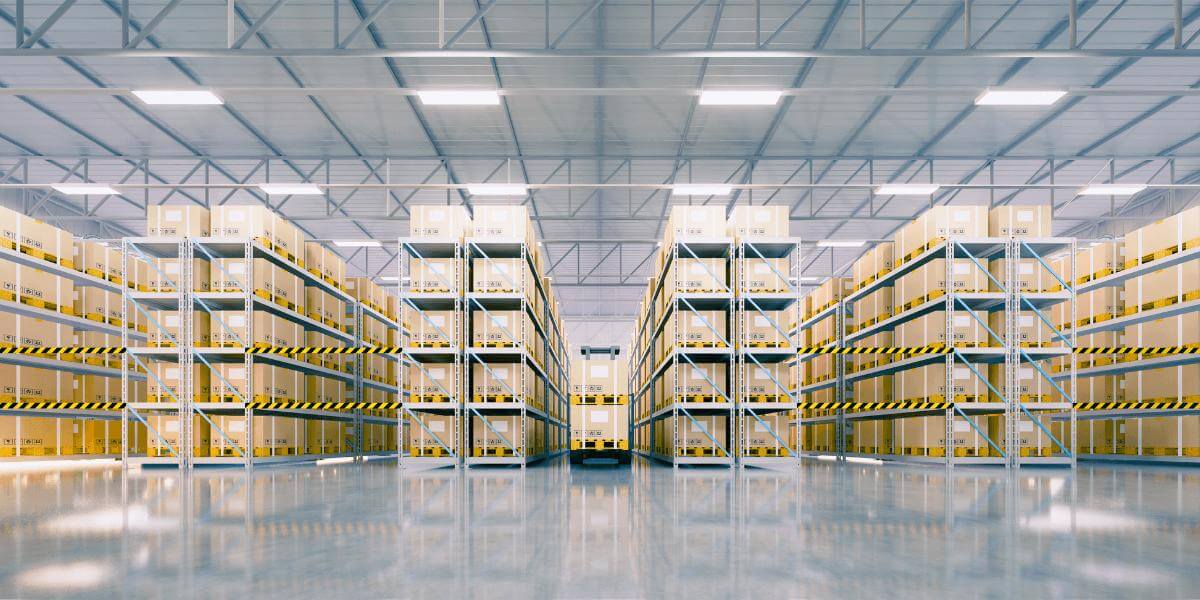In the dynamic world of industrial operations, efficient storage solutions are paramount. Industrial storage buildings have emerged as a game-changing solution that combines economic efficiency with tailored design possibilities. These structures offer a range of benefits, from optimizing storage space to accommodating specific operational requirements. In this article, you will explore the advantages of storage buildings, exploring how they contribute to streamlined operations and cost-effective solutions.
The Rise of Industrial Buildings
Industrial storage is more than just stashing goods; it’s about optimizing space, ensuring accessibility, and facilitating smooth operations. Traditional storage methods often fall short of meeting the demands of modern industrial businesses. This is where industrial buildings come into play – purpose-built structures that provide efficient, scalable, and customizable storage solutions.
Economical Efficiency
One of the primary benefits of these buildings is their economical efficiency. These structures are designed to focus on space utilization, allowing businesses to make the most of their available square footage. By maximizing vertical space and implementing intelligent shelving and stacking systems, they enable businesses to store more in a compact area.
Tailored Design for Specific Needs
Every industrial operation is unique, and storage requirements vary widely. Industrial buildings offer the advantage of customization to match specific operational needs. Whether it’s specialized shelving for sensitive items or configurations that align with workflow processes, these buildings can be designed to cater to the precise demands of the business.
Optimized Inventory Management
Efficient storage directly correlates with effective inventory management. Storage buildings provide a systematic approach to storing goods, making locating, retrieving, and managing inventory easier. This streamlines operations, reduces downtime, and enhances overall productivity.
Scalability for Growth
As businesses expand, their storage needs evolve as well. Industrial buildings are designed to accommodate growth. The modular nature of these structures allows for easy expansion without disrupting ongoing operations. This scalability eliminates constant adjustments or relocations due to changing storage requirements.
Enhanced Security
The security of stored goods is a top priority for any industrial operation. These buildings offer advanced security features such as access control, surveillance, and alarm systems. This level of security ensures that valuable inventory is protected from theft, damage, and unauthorized access.
Climate Control and Specialized Storage
Certain items, such as temperature-sensitive products or hazardous materials, require specialized storage. Storage buildings can be equipped with climate control systems, ventilation, and other specialized features to ensure that stored items remain in optimal condition.
Reduced Operating Costs
Optimized storage space directly impacts operating costs. With efficient storage solutions, businesses can reduce the need for additional space, which translates to lower leasing or construction costs. Furthermore, streamlined inventory management reduces labor costs and minimizes the risk of overstocking or stockouts.
Environmental Sustainability
Incorporating eco-friendly practices is a growing concern for industrial operations. Many industrial buildings are designed with sustainability in mind. From energy-efficient lighting to environmentally friendly construction materials, these structures contribute to a business’s efforts to reduce its carbon footprint.
Operational Agility
Industrial buildings foster operational agility by providing a well-organized space that facilitates quick access to inventory. This agility translates to faster order fulfillment, reduced lead times, and improved customer satisfaction. Check Ghost Town in the Sky.
In Conclusion
Industrial storage is not merely a matter of stacking boxes; it’s a critical component of efficient operations. These buildings offer a forward-thinking solution that aligns with the demands of modern businesses. These structures provide many benefits from maximizing space and optimizing inventory management to accommodating specific storage needs.
The economic efficiency and their customizable design position them as an invaluable asset for businesses striving to enhance their operations. By streamlining storage, reducing operating costs, and providing security, these buildings contribute to improved productivity, profitability, and sustainability.
In a world where efficient resource management is essential, industrial storage buildings are a testament to the power of strategic design and functionality. As businesses continue to evolve and adapt, the role of these structures becomes even more crucial, supporting the seamless flow of goods and materials and ultimately contributing to the success of industrial enterprises.


















